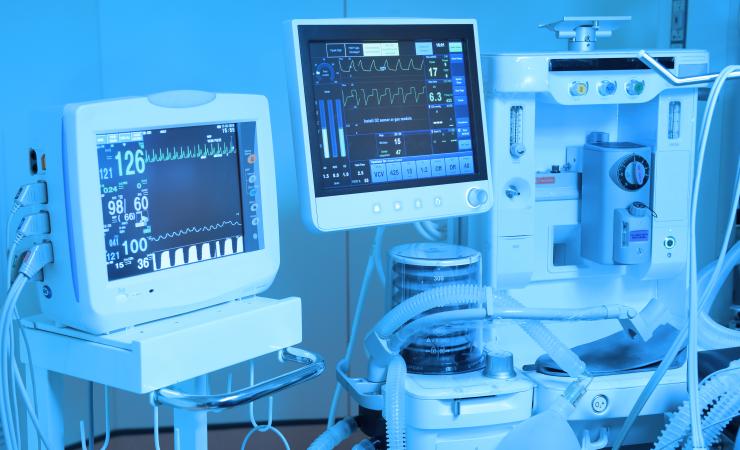The early development of medical devices - evidence needed!
Before a new medical device can be released to patients, evidence is needed regarding its safety and effectiveness. An evidence generation plan, prepared in the early stages of product development and engaging all relevant stakeholders, is key here. The plan aims to highlight the benefits of the new device, ensure that its safety and effectiveness align with regulatory expectations, and anticipate future evidence requirements.
Early feasibility studies (EFS) constitute a crucial phase in the journey towards device approval. An EFS is a clinical study conducted on a medical device in the early developmental stages. Typically involving a small number of participants, an EFS primarily assesses the initial clinical safety and performance of the device, providing guidance for product modifications. EFS play a pivotal role in enabling medical device developers to focus their efforts on products with genuine potential to improve access for patients with unmet needs or with life-threatening or highly debilitating diseases.
Working towards a harmonised approach to EFS in the EU
HEU-EFS is a new IHI project that aims to develop a harmonised framework and accompanying recommendations for conducting EFS in the EU. By facilitating EFS in the EU, project seeks to bring Europe in line with the United States, which already has a dedicated EFS programme. HEU-EFS will therefore enhance the EU's competitiveness. Even more importantly, it will ensure that patients in the EU gain access to innovative medical technologies that are safe, effective, and aligned with their needs, and will improve clinical excellence for healthcare professionals in the EU.
The HEU-EFS project's methodological framework will undergo testing and refinement through pilot use cases. The final methodology, along with templates, instruments for monitoring the EFS programme, and educational materials, will be published on an open-access, dedicated online portal. This portal will also feature templates and online tools dedicated to all relevant stakeholders involved in EFS.
The ultimate goal: swift access to top-tier healthcare for patients
“Over the upcoming four years, Bocconi will spearhead an international consortium dedicated to crafting a programme designed to support the generation of evidence throughout the medical device lifecycle,” said project coordinator Rosanna Tarricone, Associate Professor at Bocconi University in Italy. “This initiative seeks to bolster the EU's standing in the MedTech sector, in harmony with evolving regulations. The EFS programme stands as a pivotal stride in putting these principles into action and positioning the EU as a worldwide epicentre for cutting-edge technologies. This strategic stance will draw investments in research and development, ideas, and expertise, thereby ensuring swift access to top-tier healthcare for patients.”
The project’s industry lead, Andrea Rappagliosi of Edwards Lifesciences added: “Early feasibility studies are a crucial step in the evidence generation pathway for medical device innovators, enabling early insights on potentially breakthrough innovations that address patient needs. In the EU we lack a harmonised patient-centred mechanism allowing innovators, authorities, healthcare professionals to successfully undertake an EFS. As Edwards Lifesciences, we are proud to lead the industry part of the HEU EFS consortium, and contribute to ultimately improve access for patients, whilst strengthening the EU's position as an innovation and clinical excellence hub.”
